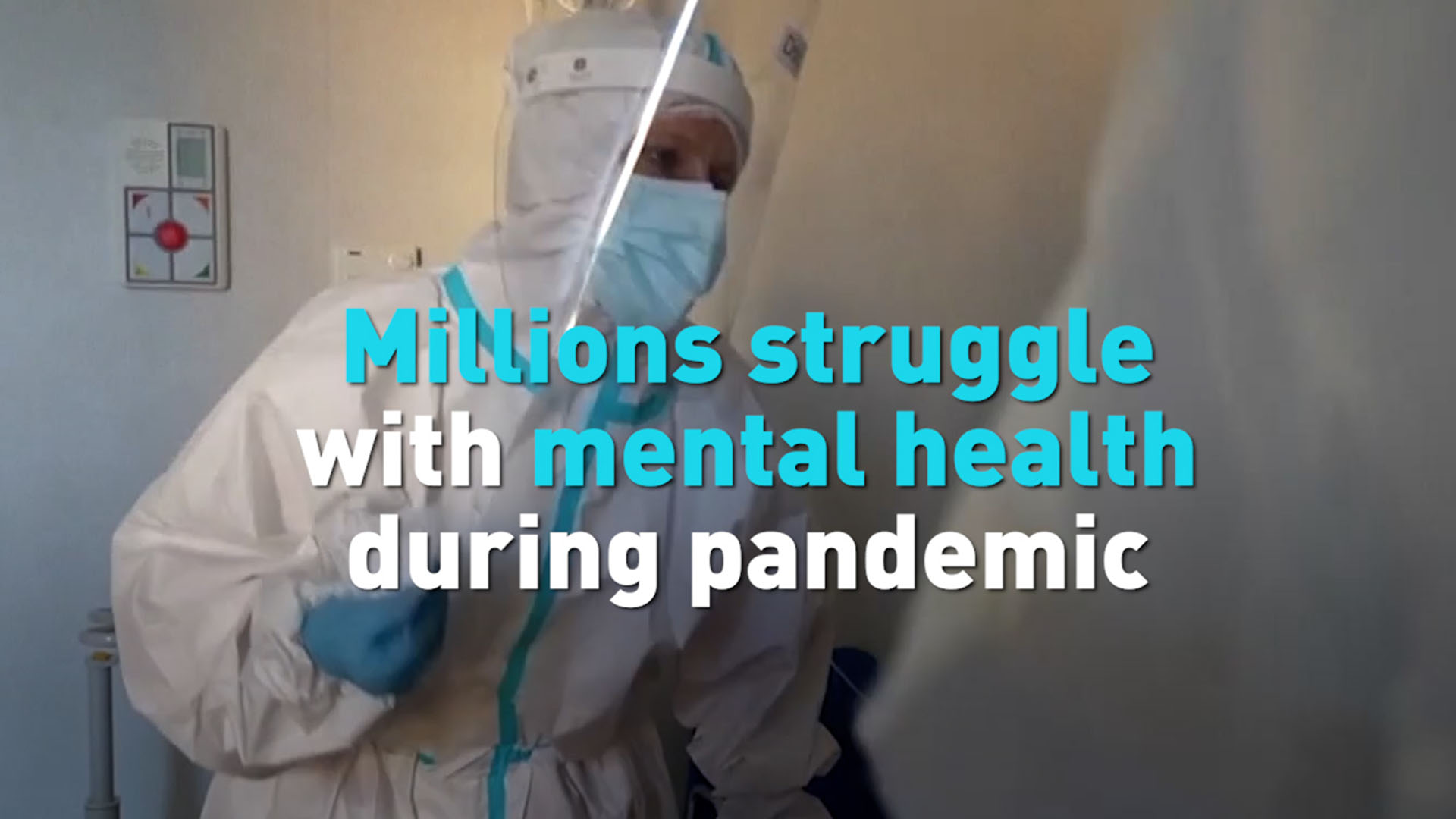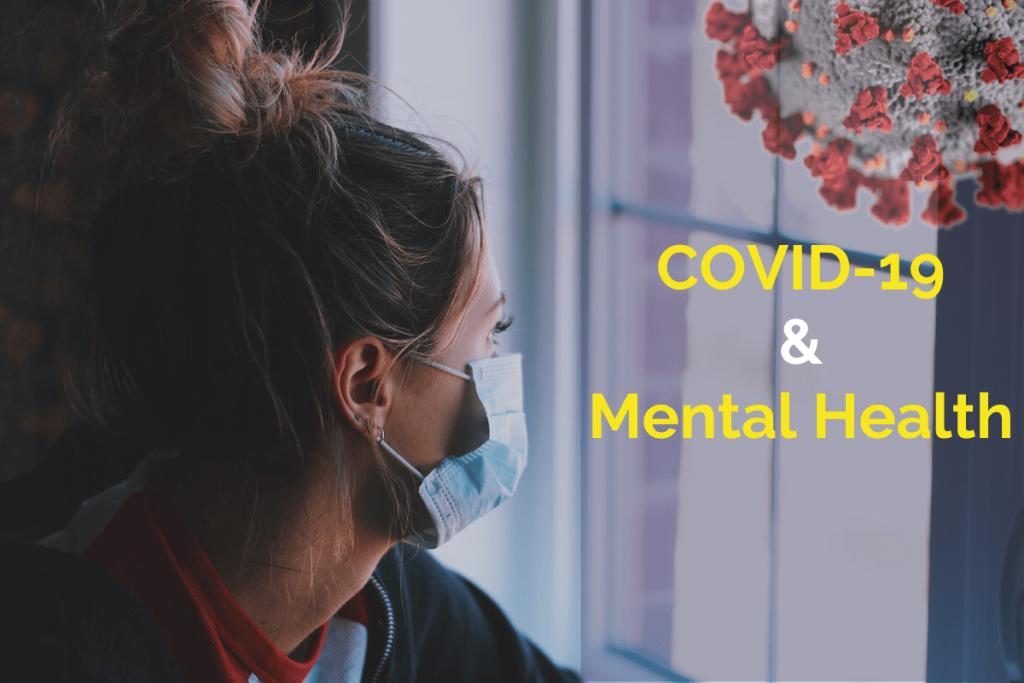The COVID-19 pandemic has ushered in unprecedented changes to daily life, fundamentally altering how we interact with one another, work, and manage our mental health. As the virus spread globally, so too did the psychological impact of the pandemic, affecting millions of people in various ways. This article delves into the mental health challenges exacerbated by the pandemic, exploring the underlying causes, the vulnerable populations affected, and potential solutions for recovery.
The Psychological Toll of Isolation

One of the most immediate mental health challenges resulting from the pandemic was social isolation. Lockdowns, social distancing measures, and the closure of public spaces led to a significant reduction in face-to-face interactions, which are crucial for emotional well-being. The stress of isolation can manifest in various ways, including:
- Increased Anxiety: Many people experienced heightened anxiety levels due to uncertainty about the future, health concerns, and the disruption of daily routines.
- Depression: Loneliness and lack of social support contributed to feelings of sadness and hopelessness, leading to increased rates of clinical depression.
- Substance Abuse: Isolation and stress have been linked to increased substance abuse as individuals sought to cope with their emotions.
A study conducted by the Kaiser Family Foundation in late March 2020 revealed that 45% of adults in the U.S. reported that their mental health had been negatively impacted due to worry and stress related to the coronavirus pandemic.
Fear and Uncertainty: The Psychological Effects of COVID-19
The fear of contracting the virus itself has proven to be a significant mental health challenge. Individuals faced not only the fear of illness but also the fear of death. This pervasive anxiety led to several psychological symptoms:
- Generalized Anxiety Disorder: Many individuals developed symptoms consistent with generalized anxiety disorder, characterized by excessive worry about health and safety.
- Post-Traumatic Stress Disorder (PTSD): Healthcare workers and those who experienced severe illness or loss of loved ones faced heightened risks of PTSD.
- Panic Attacks: Increased anxiety led to panic attacks for many, characterized by sudden surges of overwhelming fear.
According to a survey conducted by the CDC in June 2020, 40.9% of respondents reported at least one adverse mental or behavioral health condition, including symptoms of anxiety disorder or depressive disorder.
Vulnerable Populations at Risk

Certain populations have been disproportionately affected by the mental health challenges posed by the pandemic. Understanding these groups is crucial for effective intervention:
- Frontline Healthcare Workers: Doctors, nurses, and emergency responders faced extreme stress and burnout due to high caseloads, long hours, and witnessing the suffering of patients.
- Children and Adolescents: The pandemic disrupted education and socialization, leading to increased anxiety and depression among young people.
- Individuals with Pre-existing Mental Health Conditions: People already struggling with mental health issues faced exacerbated symptoms due to the pandemic’s stressors.
- Low-Income Populations: Economic instability and lack of access to healthcare resources increased the mental health burden on low-income individuals.
For instance, a study published in “The Lancet Psychiatry” found that healthcare workers experienced a 20% increase in symptoms of anxiety and depression, with many reporting feelings of helplessness and fear of inadequately caring for patients.
Impact on Work and Economic Stress

The pandemic led to massive job losses and economic instability, contributing significantly to mental health challenges. The stressors associated with unemployment and financial insecurity include:
- Loss of Routine: The shift to remote work or unemployment disrupted daily routines, leading to increased stress and anxiety.
- Financial Anxiety: Concerns about paying bills, housing, and providing for families added to the mental health burden.
- Job Insecurity: The uncertainty of job markets intensified feelings of anxiety, particularly for those in sectors heavily impacted by the pandemic, such as hospitality and travel.
Data from the Bureau of Labor Statistics revealed that the unemployment rate soared to 14.8% in April 2020, the highest it had been since the Great Depression. This economic upheaval correlated with rising mental health issues across the country.
Addressing Mental Health Challenges: Strategies for Coping

As awareness of mental health challenges has grown, so too have initiatives aimed at providing support. Here are several strategies that individuals and communities can adopt to cope with the mental health impacts of the pandemic:
- Telehealth Services: Expanding access to mental health services through telehealth has made therapy more accessible for those unable or unwilling to attend in-person sessions.
- Community Support Groups: Virtual support groups can help individuals connect and share their experiences, reducing feelings of isolation.
- Mindfulness and Stress Reduction Techniques: Practices such as meditation, yoga, and deep-breathing exercises can alleviate anxiety and improve emotional well-being.
- Routine and Structure: Maintaining a daily routine can provide a sense of normalcy and stability, which is particularly important during times of uncertainty.
The importance of self-care cannot be overstated. Engaging in physical activity, maintaining a balanced diet, and ensuring adequate sleep are fundamental components of mental health resilience.
The COVID-19 pandemic has had a profound impact on mental health, revealing vulnerabilities in our systems and among individuals. From the psychological toll of isolation and fear to the economic stress that accompanies job loss, the mental health challenges are varied and widespread. Vulnerable populations, including healthcare workers, children, and those with pre-existing mental health conditions, have faced heightened risks during this crisis. However, by adopting coping strategies and expanding access to mental health resources, we can begin to address these challenges. As we navigate the ongoing effects of the pandemic, it is imperative to prioritize mental health as a fundamental aspect of public health and community well-being.


